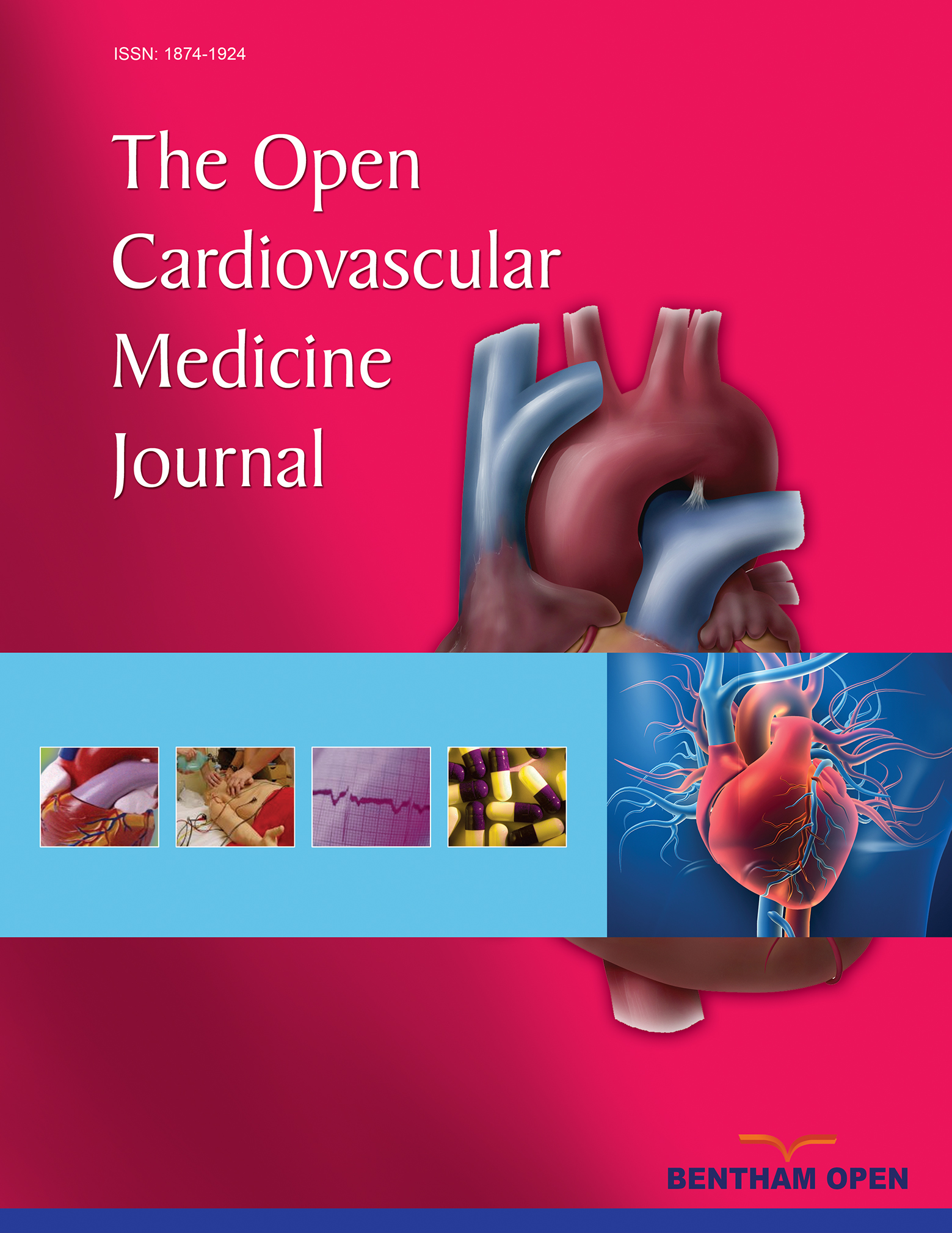All published articles of this journal are available on ScienceDirect.
Gender and Socio-economic Differences in Daily Smoking and Smoking Cessation Among Adult Residents in a Greek Rural Area
Abstract
Despite the well-known health risks, smoking is still highly prevalent worldwide. Greece has the highest level of adult smoking rate (40%) across the European Union. We investigated gender and socio-economic differences in daily smoking and smoking cessation among Greek adults. We conducted a cross-sectional survey between October and November 2009 in 434 adults residing in a Greek rural area. Data were collected with the use of the World Health Organization Global Adult Tobacco Survey (WHO GATS) Core Questionnaire. Respondents were classified into smokers (if they had smoked at least 100 cigarettes in their lifetime and continued to smoke) or non-smokers. Overall, 58.1% (n=252) were smokers (58.5% male, n=127 and 57.8% female, n=125); 51.2% (n=222) were younger than 18 years-old when they started smoking. Men tended to start smoking at a younger age, to smoke more cigarettes/day and to have smoked a greater average of cigarettes during the last 5 days. Overall, 82.5% of smokers attempted to stop smoking a year prior to the study, with women having a greater difficulty in quitting smoking. The main source of information on smoking was the mass media (73.5%) and books (53.7%), whereas doctors and other health professionals were the least listed source of relative information (27.7 and 8.1%, respectively). Smoking rates among Greek adults were high, but a considerable number of individuals who smoked, wished to quit and had attempted to do so. Smoking cessation clinics are not perceived as a valuable support in quitting effort.


